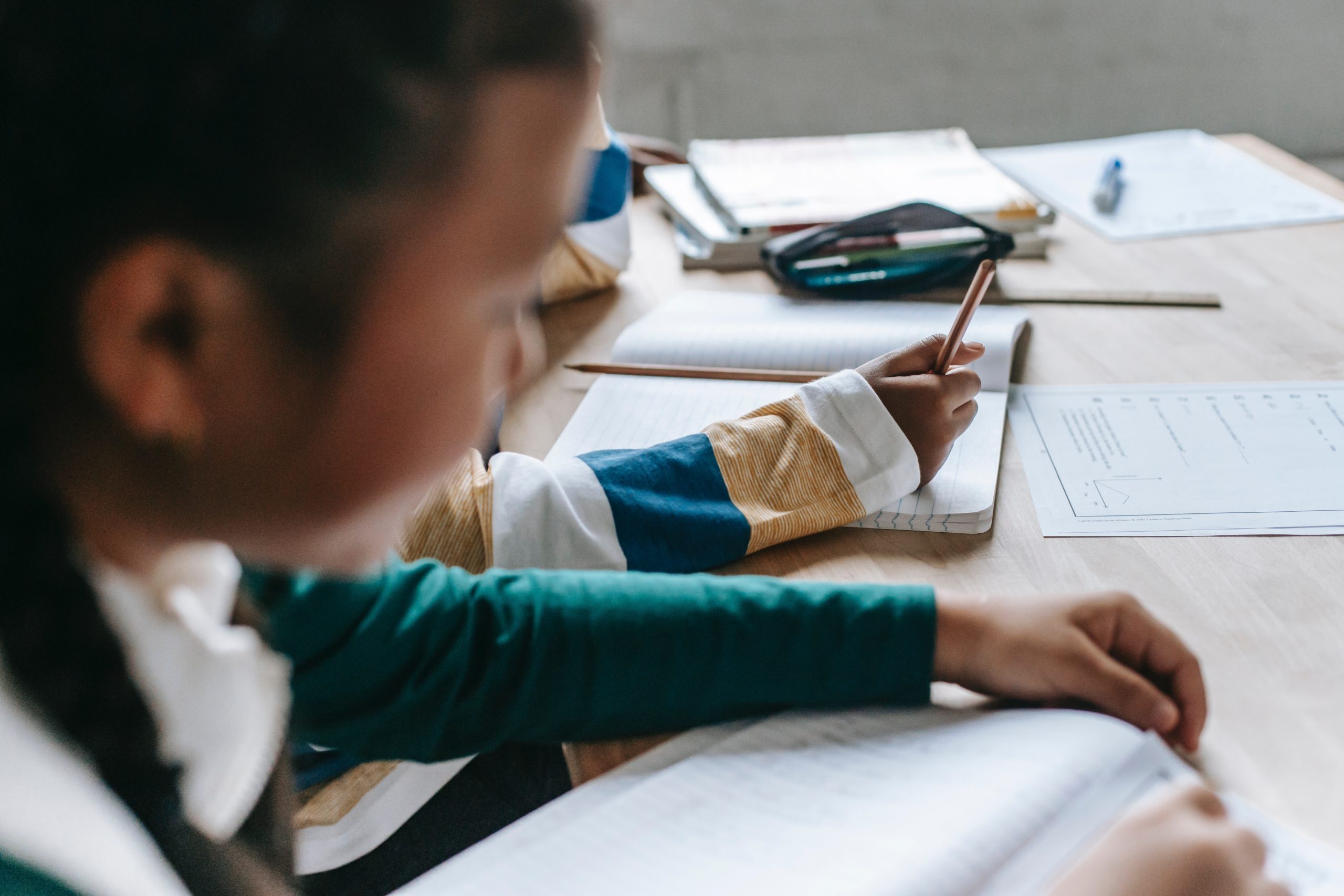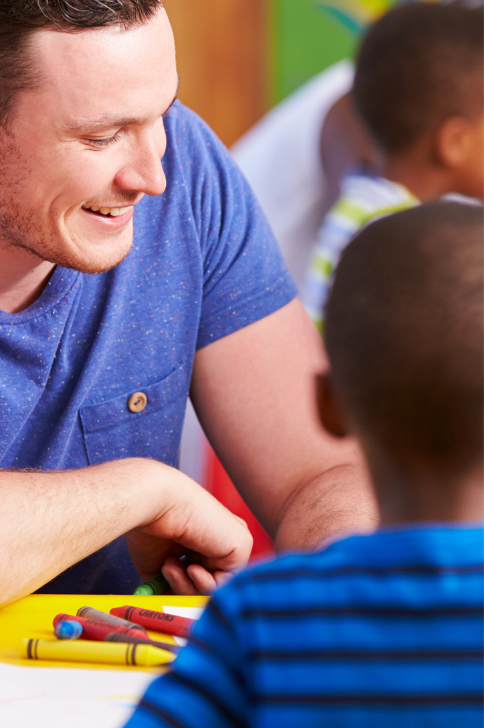noun
VOLUNTOURISM: is defined as organised and packaged tourist trips with a duration of a few hours to a year, in which the main purpose is to volunteer. The volunteer provides their ‘work’ within the destination free of charge. While the concept of ‘voluntourism’ generally includes an element of international travel, similar risks to children also apply in the context of domestic and local travel and tourism, when a person is allowed to volunteer with and for children in an organisation or an orphanage without previous background checks (also when such activities may not be organised by a company). [1]
While volunteering is a valuable way to contribute to society, that offers benefits to both the community and the volunteer, packaged and unsupervised voluntourism trips and visits have been shown to have a range of harmful consequences on children’s development and can increase the risk of child sexual exploitation. Voluntourism allows for unregulated access to vulnerable children. Offenders can take advantage of these settings to access and sexually exploit children from orphanages, schools, clubs and other settings where unregulated volunteering opportunities are offered.
Some volunteer–sending organisations, and even some governments, have implemented safeguarding regulations for aspiring volunteers – such as criminal record checks, interviews, referee checks and physical, and environmental standards for working with children. But many volunteer–receiving organisations and countries do not uphold the same necessary measures to ensure that children are kept safe. The discrepancy means that the good practices and standards upheld at one end can be easily undone in the other side, making countries with no mandated safeguarding regulations easy targets for offenders.
Economic push factors have been exacerbated by the pandemic. More families in the developing world are facing extreme poverty. Some children have sometimes lost caregivers to COVID-19. The pandemic put a pause on the bulk of international tourism. During this period, research recorded positive effects on children’s wellbeing from fewer short–term travelling volunteers in residential care facilities.1 Yet many facilities intend to resume orphanage volunteering post–pandemic due to the funding benefits they bring.


Our global desk review outlines a number of solutions for governments, the private sector, and tourists to protect children from sexual exploitation.
In 2021, ECPAT International published detailed analysis of legal and policy interventions to protect children from sexual exploitation in the context of travel and tourism, with a specific focus on the issue of unsupervised and unregulated voluntourism. [2][3] Key legal and policy solutions include:
The government of the Philippines has created the National Volunteer Services Coordinating Agency, an agency that maintains a centralised registry of the identity of all domestic volunteers and is mandated to work with government institutions and other stakeholders under the National Volunteer Service Program. In 2007, a Foreign Volunteer Program Deployment Framework was developed which acts as a guide for the deployment of foreign volunteers in the Philippines to meet key development priorities. The agency works with approved foreign partners that have internal measures for the effective recruitment and screening of volunteers.
Globally, government efforts at regulating voluntourism are limited. Some governments require tourism operators to meet minimum child protection standards, however these are not specifically related to voluntourism. Our proposed solutions to this gap in protecting children include:

Both volunteer-sending and –receiving countries must raise awareness about the damage that unregulated voluntourism activities can represent.
Available: English, Spanish, Portuguese
Available: English, Spanish, Portuguese
The Code. (2021). Voluntourism Policy.